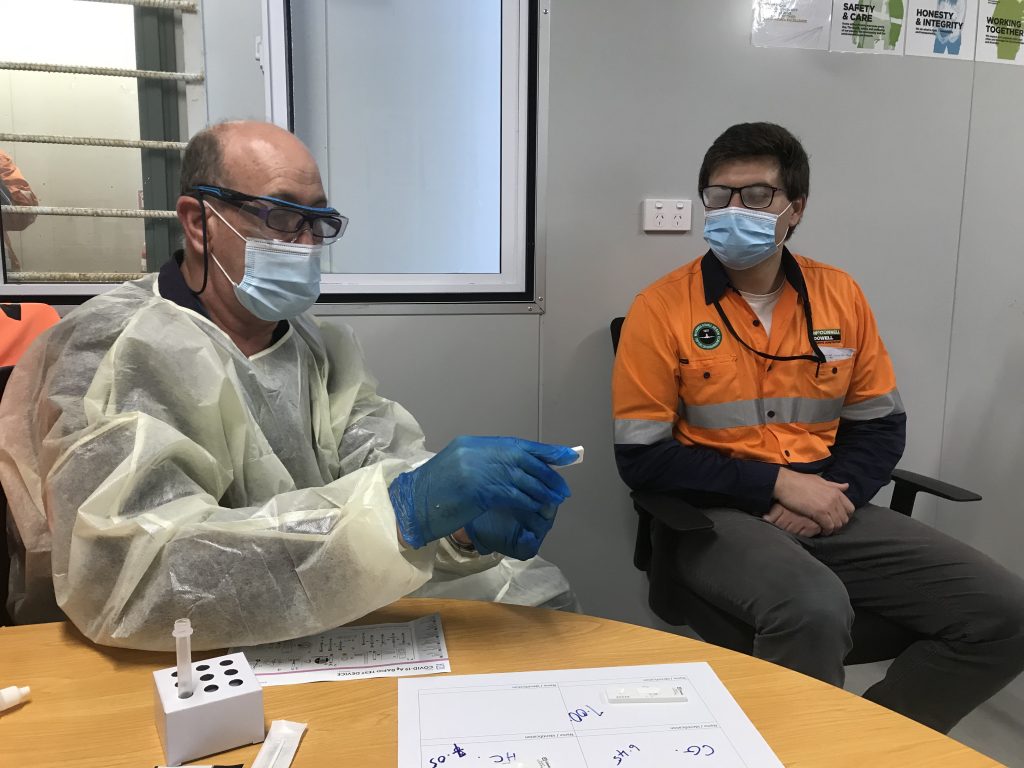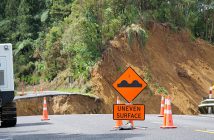Business can be put in a tight spot if staff need to self-isolate, but a worker who is a close contact of a Covid19 case can continue to work in certain cases, provided they are vaccinated and displaying no symptoms

The close contact exemption scheme is aimed at keeping critical supply chains running.
Businesses will self-assess against criteria to join the scheme where close contacts can keep going to work instead of isolating if they return a negative rapid antigen test.
The scheme will take effect on Wednesday when Phase Two of the Government’s Omicron response kicks in.
“We’ve seen overseas that a combination of high rates of Omicron alongside isolation periods for contacts has put severe strain on supply chains and the provision of important services,” Covid-19 Response Minister Chris Hipkins says.
“The scheme will be supported by rapid antigen tests supplied either directly by the business or service, or through our health system in an easy and accessible way.”
Businesses and organisations can register online as a critical service if they think they will meet the criteria. Registration includes a declaration and will be able to be checked.
Critical services include food production and its supply chain, key public services like health and emergency services, lifeline utilities such as power and water supplies, transport, critical financial services, news media and social welfare. It also includes human and animal health and welfare.
Associate Minister of Health Ayesha Verrall says it is up to businesses to self-assess and decide if they want to participate in the scheme.
“Bringing close contacts into the workplace will come with risks.
“While the new scheme will help businesses continue to operate, rapid antigen testing is about 80 per cent accurate. This may mean they have someone onsite who has Covid-19 and could infect other workers, which could further compromise business operations.
“Any workers identified for the scheme will need to be vaccinated. If at any point they return a positive test, they will need to take a PCR test and isolate.
“Those businesses that decide to register will be issued with a letter that, when New Zealand shifts to Phase 2 of our Omicron response, will enable eligible workers to either use rapid antigen tests that their employers may hold, or collect rapid antigen tests from a collection site.
“Workers will get enough testing kits to cover the period they would’ve been isolating, and the places they can pick them up from will be put on the Healthpoint website.
“We know isolation is the best way to stop the chain of transmission so businesses and workers involved in the scheme will need to continue to play their part in reducing the spread of the virus by complying with daily symptom checks, and other health measures while at work.
“Workers will also be expected to remain in isolation outside of work hours as they will in many instances be living with household members who have Omicron,” Verrall says.
Register for Close Contact Exemption Scheme — Business Connect
The three phases of Omicron
Phase One
- anyone with symptoms should isolate and get a test
- cases must isolate for 14 days (release by health officials)
- close contacts must isolate for 10 days (with tests at days five and eight, although if symptomatic then must test immediately).
Phase Two
- anyone with symptoms must isolate and get a test
- cases need to isolate for 10 days
- close contacts need to isolate for seven days (with a test on day five).
- If a close contact is vaccinated and asymptomatic, they may be able to continue to work:
– as a ‘bubble of one’, if they are not customer facing and follow strict health protocols
– through the Close Contact Exemption Scheme, if they work for a critical service.
Phase Three
- anyone with symptoms must isolate and get a test
- cases need to isolate for 10 days
- close contacts need to isolate for seven days (and get a test if symptomatic).
- If a close contact is vaccinated and asymptomatic, they may be able to continue to work:
– as a ‘bubble of one’, if they are not customer facing and follow strict health protocols
– through the Close Contact Exemption Scheme, if they work for a critical service.






